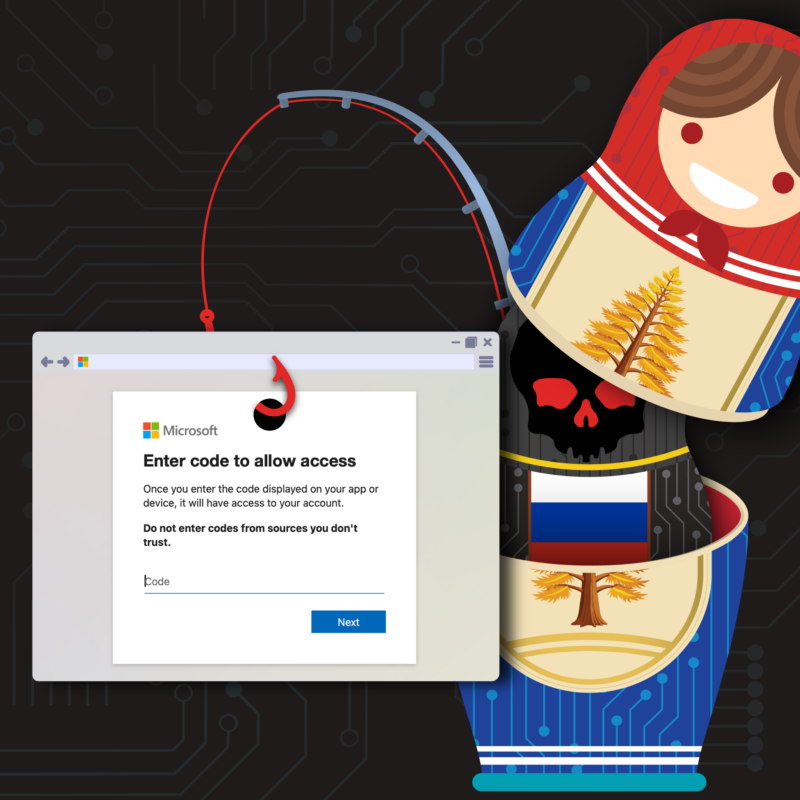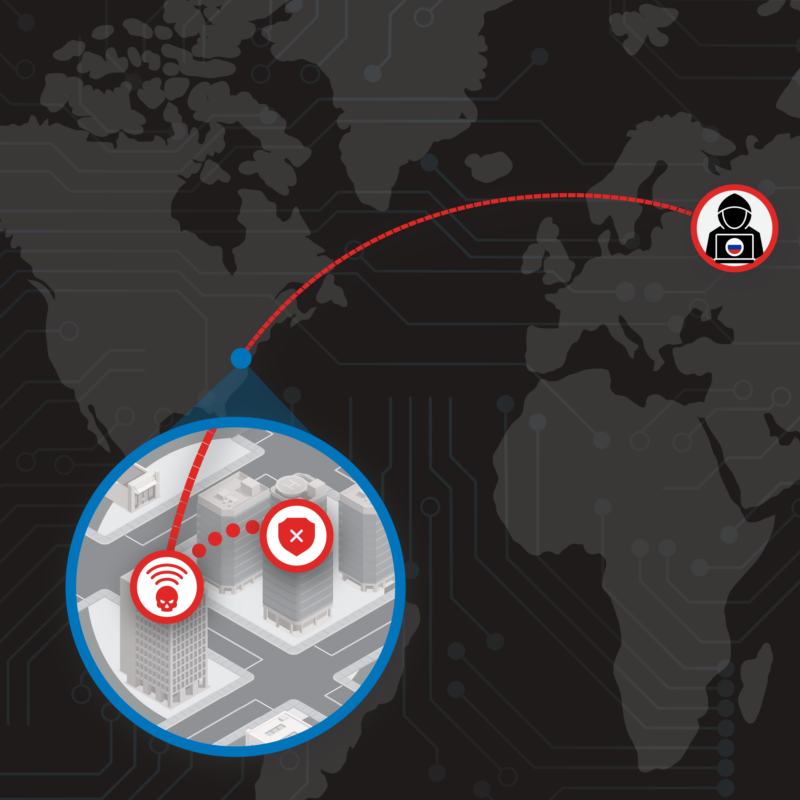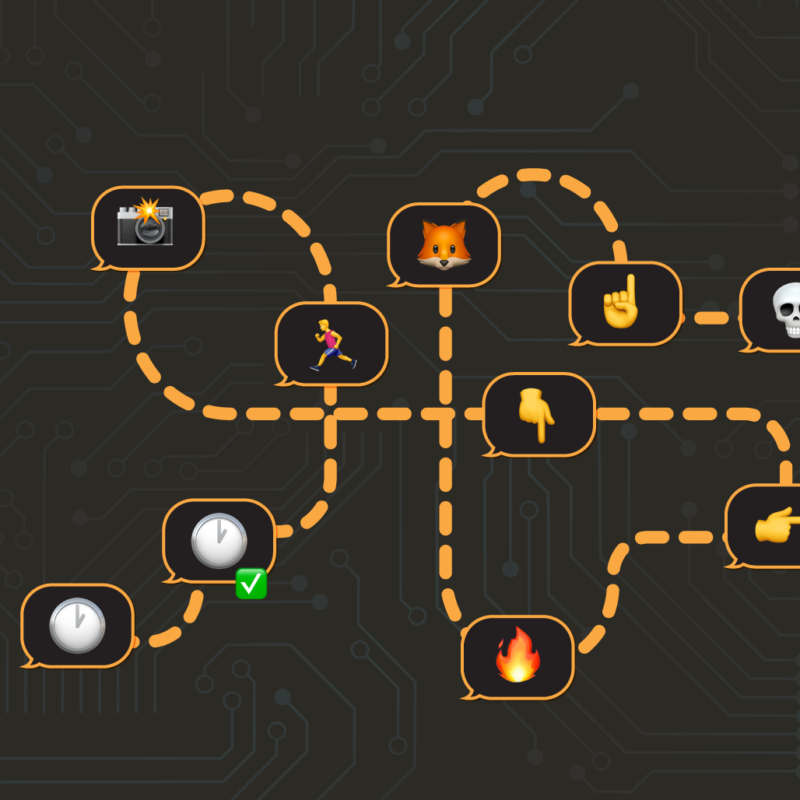Threat Intelligence
Dangerous Invitations: Russian Threat Actor Spoofs European Security Events in Targeted Phishing AttacksDecember 4, 2025

Threat Intelligence
Dangerous Invitations: Russian Threat Actor Spoofs European Security Events in Targeted Phishing AttacksDecember 4, 2025

Threat Intelligence
APT Meets GPT: Targeted Operations with Untamed LLMsOctober 8, 2025

Threat Intelligence
Phishing for Codes: Russian Threat Actors Target Microsoft 365 OAuth WorkflowsApril 22, 2025

Threat Intelligence
Multiple Russian Threat Actors Targeting Microsoft Device Code AuthenticationFebruary 13, 2025

Threat Intelligence
The Nearest Neighbor Attack: How A Russian APT Weaponized Nearby Wi-Fi Networks for Covert AccessNovember 22, 2024

Threat Intelligence
BrazenBamboo Weaponizes FortiClient Vulnerability to Steal VPN Credentials via DEEPDATANovember 15, 2024

Threat Intelligence
StormBamboo Compromises ISP to Abuse Insecure Software Update MechanismsAugust 2, 2024

Threat Intelligence
DISGOMOJI Malware Used to Target Indian GovernmentJune 13, 2024

Memory Forensics
Detecting Compromise of CVE-2024-3400 on Palo Alto Networks GlobalProtect DevicesMay 15, 2024
Threat Intelligence
Zero-Day Exploitation of Unauthenticated Remote Code Execution Vulnerability in GlobalProtect (CVE-2024-3400)April 12, 2024